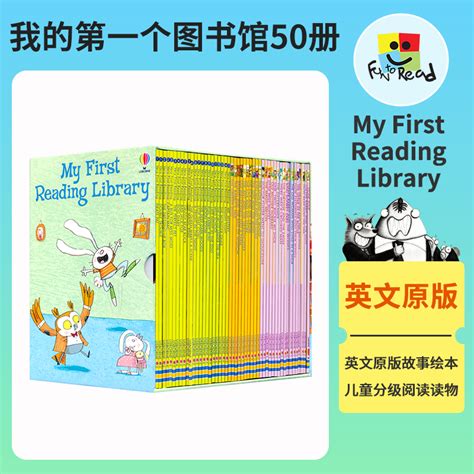儿童文学英文原著
The Benefits of Reading English Children's Literature

Introduction:
Reading is an essential skill that promotes language development and stimulates imagination in children. When it comes to English children's literature, the benefits extend beyond language acquisition. In this article, we will explore the advantages of reading English children's books and provide recommendations for selecting appropriate titles.
1. Language Acquisition:
Reading English children's literature exposes young learners to a variety of words, phrases, and sentence structures. It helps them develop vocabulary, enhance grammar skills, and improve reading fluency. The exposure to different writing styles also cultivates an appreciation for language and literature.
2. Cultural Understanding:
English children's books often reflect the diverse cultures and traditions found in Englishspeaking countries. By reading these books, children gain insight into different customs, holidays, and ways of life. This exposure fosters empathy, respect, and understanding for cultural diversity.
3. Cognitive Development:
Engaging with stories and characters in English children's literature enhances cognitive development in various ways. It promotes critical thinking skills as children analyze and interpret the plot, predict outcomes, and make connections. Reading also stimulates imagination, creativity, and problemsolving abilities.
4. Social and Emotional Growth:
Many English children's books address universal themes of friendship, family, empathy, and personal growth. By reading these stories, children can relate to characters' experiences and empathize with their emotions. This emotional connection aids in developing social skills and emotional intelligence.
5. Broadening Worldview:
English children's literature often presents characters and settings from different countries and time periods. This exposure expands children's worldview and helps them develop a broader perspective on the world and its history. It encourages curiosity and promotes global awareness.
Recommendations for Choosing English Children's Books:
1. AgeAppropriate Content:
Consider the age and reading level of the child when selecting books. Look for books with engaging illustrations, simple language, and suitable themes. Publishers often provide age recommendations on book covers or websites.
2. Interactive Elements:
Choose books that incorporate interactive elements, such as lifttheflap, touchandfeel, or popup features. These elements enhance engagement and make reading a more immersive experience.
3. Classic and Contemporary Titles:
Introduce children to both classic and contemporary English children's literature. Classic titles like "Alice's Adventures in Wonderland" and "The Chronicles of Narnia" have stood the test of time, while contemporary authors like Julia Donaldson and Eric Carle offer fresh perspectives.
4. Series and Sequels:
Explore book series or sequels as children often develop attachments to characters and enjoy following them through multiple adventures. This can foster a love for reading and encourage independent exploration of books.
5. Diversity and Inclusivity:
Look for books that feature diverse characters, cultures, and perspectives. This promotes inclusivity and exposes children to a wide range of experiences and backgrounds.
Conclusion:
Reading English children's literature provides numerous benefits for young learners. It facilitates language acquisition, enhances cognitive abilities, promotes empathy and cultural understanding, and broadens worldview. By selecting appropriate books, parents and teachers can make reading an enjoyable and enriching experience for children. Encourage children to embark on exciting literary journeys through the rich and diverse world of English children's literature.










